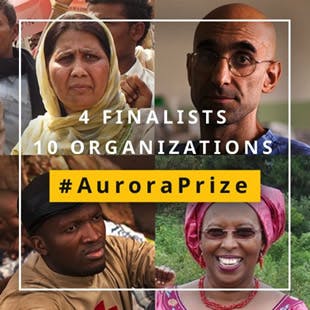We are in the midst of the worst humanitarian crisis of our time: More than 125 million people are in need of aid. Conflict, violence, and disaster have forced millions of people to flee. In addition to losing their homes and their sense of security, too often, they’re also denied their human rights.
This crisis belongs to all of us: Stopping human suffering and protecting human rights is foremost our moral duty; it’s also essential to achieving economic security and global stability.
This is why the United Nations Foundation works to connect people to the United Nations’ work advancing human rights, building peace, and responding to humanitarian needs. Here are just a few (of many) examples of the UN’s work:
- UN Secretary-General Ban Ki-moon is convening the first-ever World Humanitarian Summit from May 23-24 to advance ideas, solutions, and global solidarity to meet the humanitarian needs of people in crisis.
- Additionally, UN humanitarian agencies are on the ground in countries around the world, providing food, shelter, medicine, expertise, and resources for aid. For example, every year, the World Food Programme helps feed more than 80 million people, on average.
- In 2013, the Secretary-General launched the Human Rights up Front (HRuF) initiative to improve UN action to safeguard human rights. The initiative aims to make securing human rights a priority across the UN and to ensure that the UN takes early and effective action to prevent and respond to large-scale violations of human rights and international humanitarian law.
Every person, every sector, and every region can join the UN in taking action to help meet the needs of families in crisis.
This weekend, I have the honor of joining leading humanitarians gathered in Armenia to discuss pressing issues as part of the Aurora Prize for Awakening Humanity.
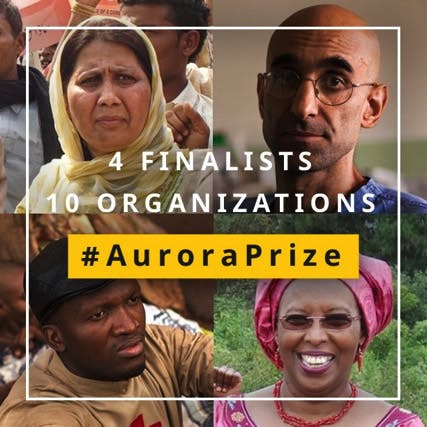
Born out of humanitarian and storytelling nonprofit 100 LIVES, the inaugural Aurora Prize will honor an individual “whose actions have had an exceptional impact on preserving human life and advancing humanitarian causes.” The Aurora Prize Laureate will be honored with a US $100,000 grant and will have the opportunity to continue the cycle of giving by nominating organizations that inspired their work to receive a US $1,000,000 award.
I am proud to share below a snippet of the stories of the finalists for the prize. Their actions are making a difference for people in need and are a powerful call to action for each of us to help ensure a life of dignity for all. The finalists for the prize are:
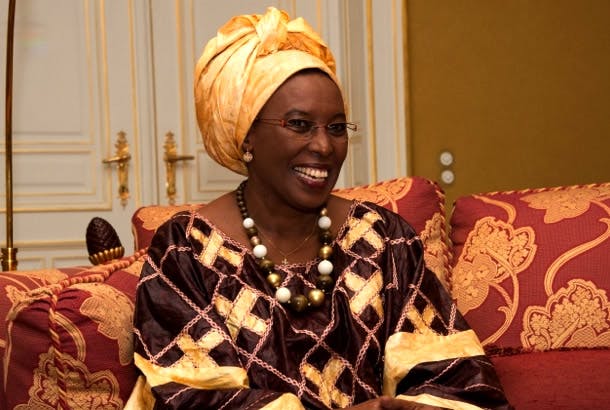
Barankitse has saved thousands of children and cared for orphans and refugees during a civil war in Burundi. Representing Maison Shalom and REMA Hospital in Burundi, Barankitse’s hospital has treated more than 80,000 patients to date.
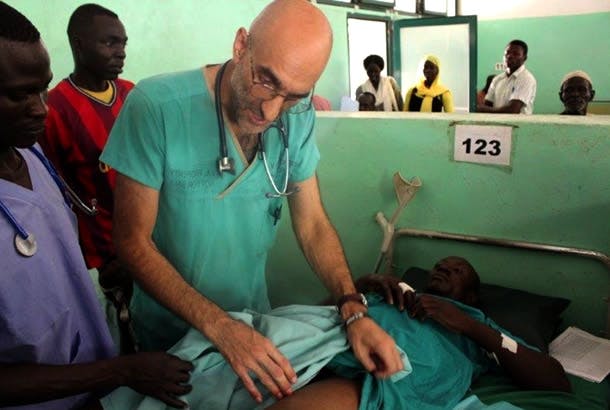
The sole doctor at Mother of Mercy Hospital in the Nuba Mountains of Sudan, American physician Dr. Tom Catena is responsible for serving over 500,000 people on the country’s border with South Sudan. Despite bombings, Catena continues to reside at the hospital so he can serve this community in need.
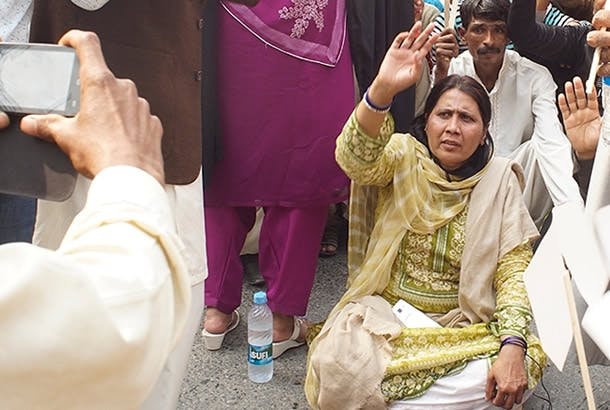
General Secretary of the Bonded Labor Liberation Front (BLLF) in Pakistan, Fatima has survived assassination attempts and beatings in her pursuit of eliminating bonded labor, a form of modern slavery. Through BLLF, Fatima has liberated thousands of Pakistani workers, including approximately 21,000 children who were forced to work in brutal conditions to repay debts.
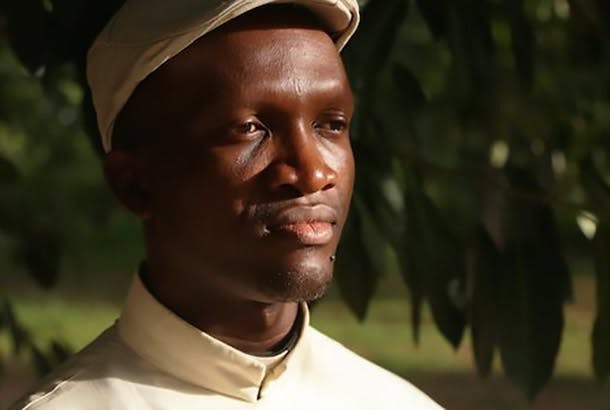
After losing his father and four sisters to prolonged violence and illness, Father Kinvi became a priest at 19 and left Togo to head a Catholic mission in Bossemptele in the Central African Republic, which consists of a school, church, and hospital. After the 2012 CAR civil war broke out, Father Kinvi’s mission provided refuge and health services to those on both sides of the Muslim-Christian conflict, saving hundreds from persecution and death.
If the humanitarian crisis belongs to all of us, then so do the solutions. In an era when communications connect all of us, we must join together in bringing these issues to the forefront of the global agenda. You can do this by learning more about these stories, sharing them, and becoming an engaged global citizen. Adding our voice to these stories is one way we can unite for those in our communities, those without a voice, and those throughout the world.
To learn more, visit auroraprize.com and join the conversation online with the hashtags #AuroraDialogues and #AuroraPrize.
[Photo: Aurora Prize]

